Proprietary trading firms allow traders to trade with the firm’s capital rather than their own. In return, traders share a portion of their profits. These firms offer training, funding programs, and different account options for traders at all levels. In Australia, both local and international prop trading firms operate, giving traders plenty of choices.
Why Trade with a Prop Firm in Australia?


- Prop firms allow traders to use the company’s capital, helping them trade larger positions and aim for higher profits.
- You trade the firm’s money, so your own financial risk is smaller.
- Many firms provide advanced trading tools, market data, and expert guidance to improve your skills.
- You receive a percentage of the profits you make, often between 80% and 90%.
- Consistent performance can lead to increased funding and higher account levels.
- Firms set clear rules that help traders manage risk and trade responsibly.
- Successful traders can grow into full-time funded roles or manage more capital.
- Many firms offer programs for beginners and professionals alike.
Also, you may read 7 best apps to Trade The Most Profitable Traders On Solana
Top 10 Prop Firms in Australia
1. Tibra Capital
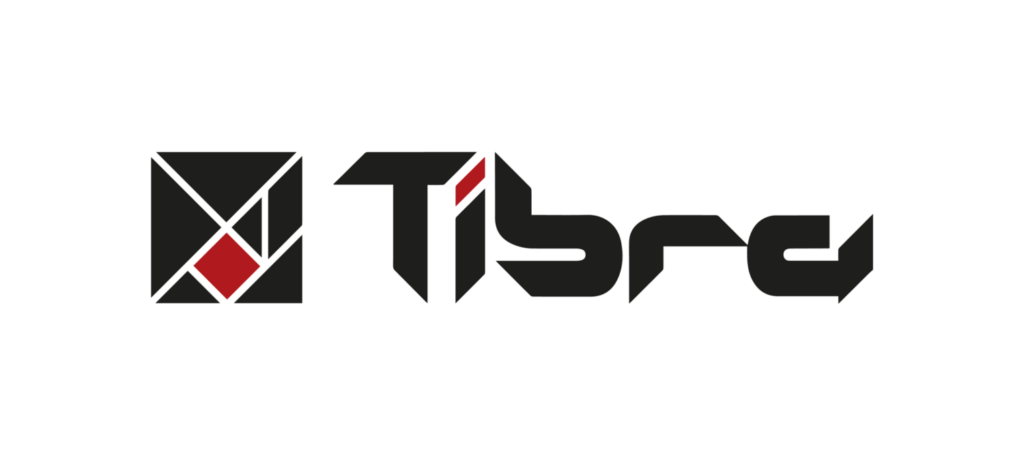

- They emphasise a scientific/process-driven approach: research, build strategies, deploy technology.
- They operate in global markets, using technology and quantitative methods.
- Pros: Great option for highly skilled traders wanting institutional prop trading.
- Cons: With a strong research/quant orientation, the bar for success is likely very high.
2. Akuna Capital


- Operates solely with its own capital (no external clients) — employees are shareholders.
- Strong technology stack: low-latency systems, quantitative modelling, in-house development.
- Pros: With Australian operations, this firm offers exposure to both local and global markets.
- Cons: Akuna is more of a professional trading firm. So if you’re a retail trader looking for the fee→challenge→funded path, this might not fit as well.
3. RebelsFunding
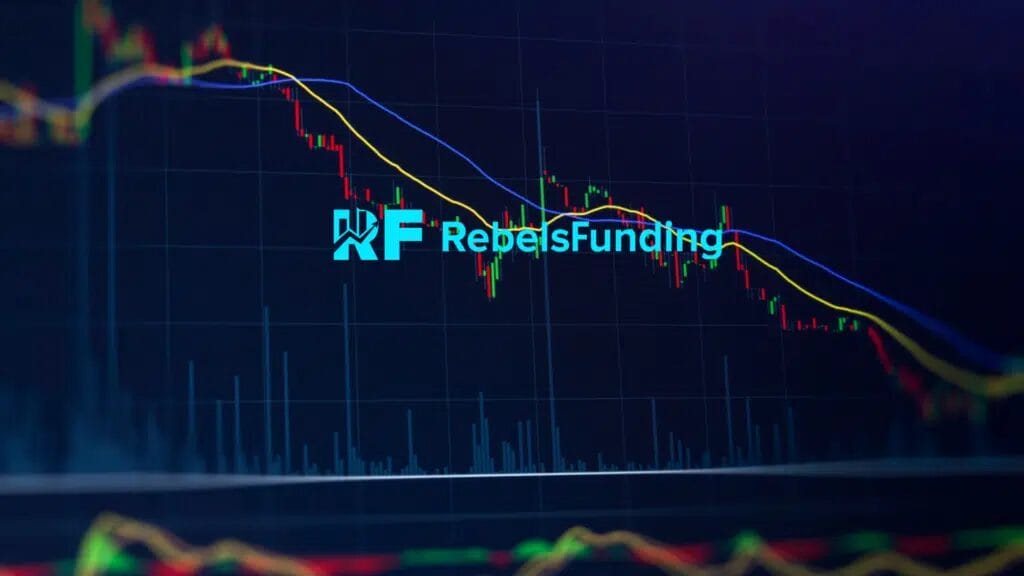

- A prop trading firm mentioned specifically in “best for Australia” lists.
- Offers multiple program options, with evaluation challenge models and funding once qualified.
- No time limit to complete the challenge in many programs — you can trade at your own pace.
- Pros: Allows you to try before fully committing, which is helpful.
- Cons: Reports of platform lag or freezing during market activity, which can impact execution.
4. Alpha Capital
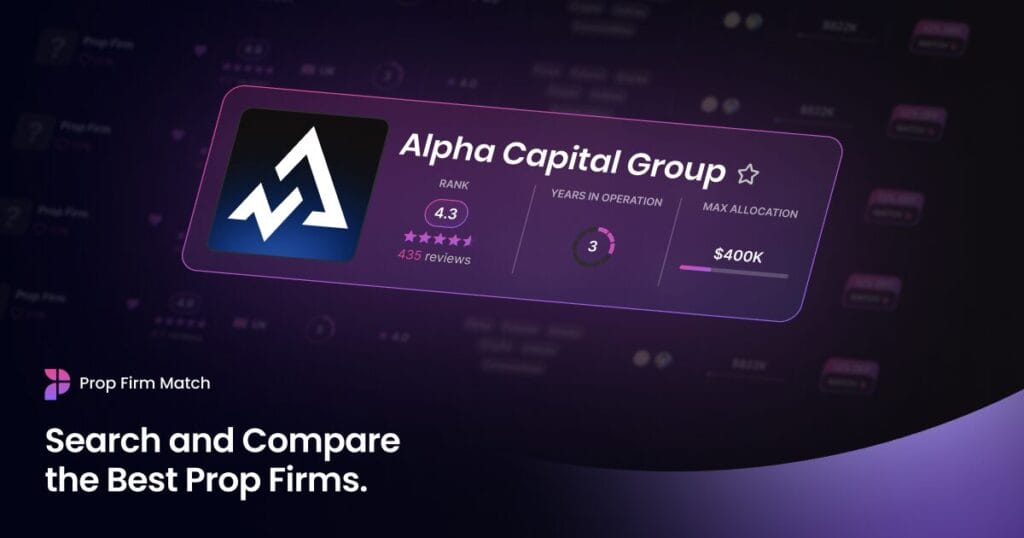

- They operate globally (over 150 countries) and accept traders from Australia among others.
- Once you’re qualified, you can keep up to about 80% of the profits you generate in the funded account.
- If you perform well, you can increase the size of your trading account and manage more capital over time.
- Pros: Good for traders who want to choose a challenge that matches their style.
- Cons: Some traders report account closures, strict KYC after passing challenges, and payout denials.
5. FundedFast


- Marketing emphasises quick payout processing and minimal “minimum trading days” in some account types.
- Some of their challenge accounts allow you to trade until you hit the target without a strict time-limit.
- You can trade multiple asset types—forex, commodities, indices, perhaps crypto, depending on the plan.
- After funding, you may have the possibility to scale up your account size if you perform.
- Pros: Good profit share potential (up to 90%).
- Cons: Some funded accounts may be in a simulated environment (not always fully live capital) — you’ll need to check details.
6. Hola Prime
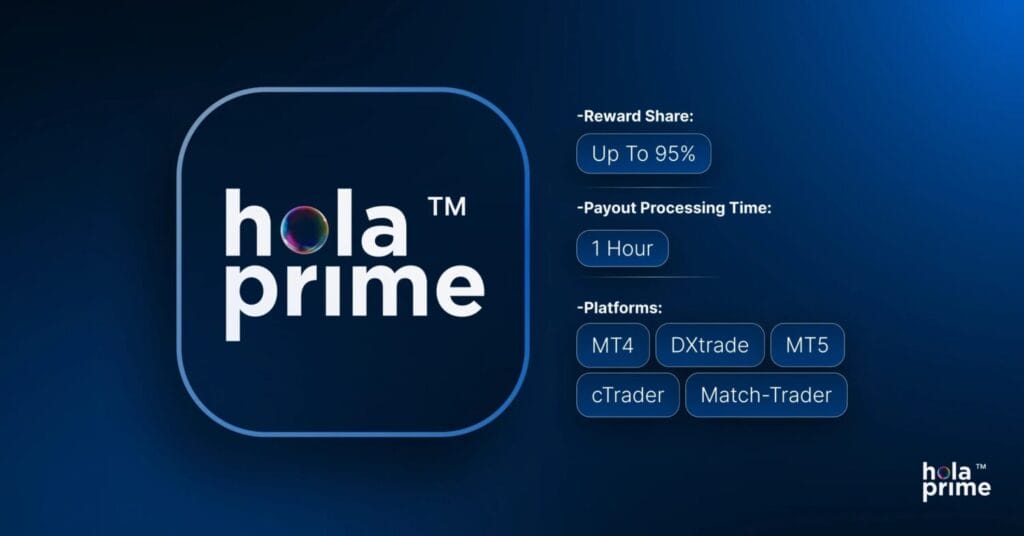

- Relatively newer prop firm that appears on lists of best for Australian traders.
- Offers high profit splits (some say up to 95%), multiple platforms, and large account scaling.
- Hola Prime advertises very fast payout processing, including “one-hour payouts” in some cases.
- Pros: They publish daily pricing transparency reports and provide clear challenge terms.
- Cons: Started operations recently, so long-term track record is limited.
7. Lepus Proprietary Trading


- They emphasise mentorship by “expert financial market engineers” and a trading challenge/funding pathway.
- The concept is that once selected, talented traders trade their funds. They present themselves as providing firm capital to their traders.
- They mention FX, commodities, indices — offering variety for traders who don’t only trade forex.
- Pros: If you are less experienced, the added support could help bridge the gap.
- Cons: The profit share seems relatively low compared to some competitors (e.g., 50% quoted in some reviews).
8. Profitex


- You pick an account size (e.g., US$15,000) and complete just one challenge phase rather than multiple-step evaluations.
- The evaluation stage often does not impose a hard time limit, giving you more flexibility to trade and meet targets.
- Uses the DX Trade platform and works with broker Eightcap for trading infrastructure.
- Pros: Real-time trader dashboard, best broker pairing, and published rules.
- Cons: Some advanced strategies, such as algorithmic/EAs, certain arbitrage or high-frequency methods, may be prohibited.
9. FundedPrime
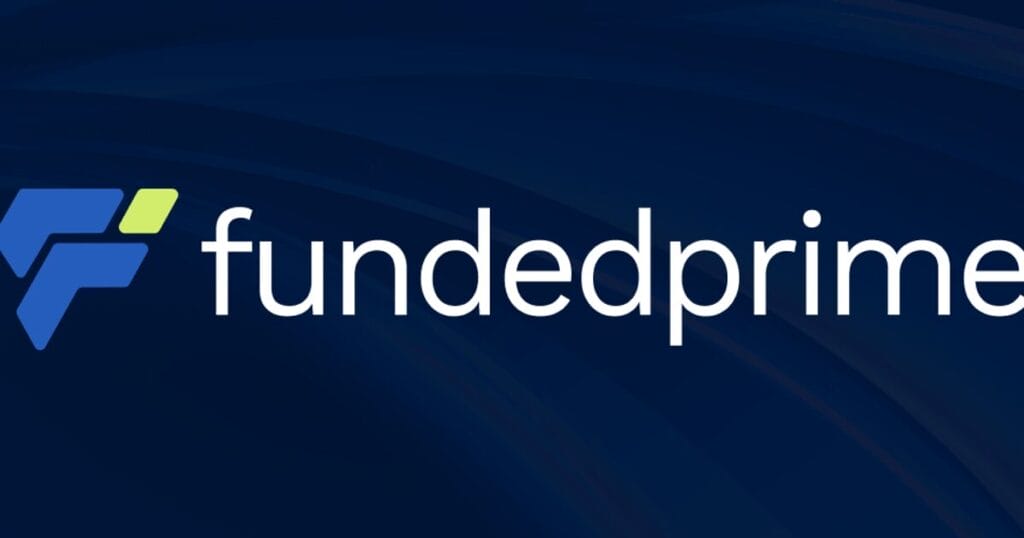

- You can pick a challenge account size (e.g., US $10,000 up to US $250,000) and try to meet the profit target to get funded.
- Profit-share for funded accounts can go up to about 80% of your trading profits (some materials mention “up to 90%” depending on challenge type).
- They offer access to a wide variety of instruments: Forex, commodities, indices, cryptocurrencies and stocks.
- Pros: The “no strict time limit” during evaluation reduces some pressure compared to firms where you must hit targets in a short window.
- Cons: Leverage is more conservative than some other firms, which may limit very high-risk traders.
10. OneUp Trader Funding
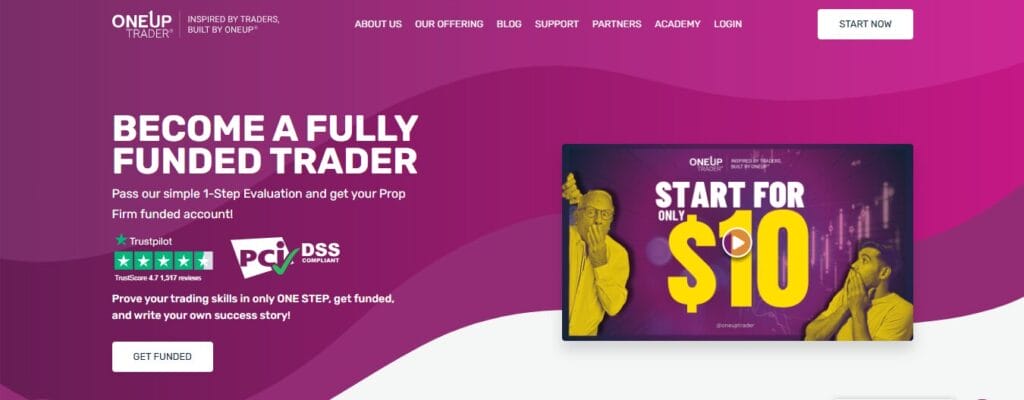

- A one-step evaluation process, you complete a single challenge phase rather than multiple stages.
- Very generous profit-split: you keep 100% of the first US$10,000 of profits, then 90% of subsequent profits.
- No hidden fees, transparent cost structure—monthly evaluation fee, clear rules.
- Pros: Large funding size possibilities, which let you trade meaningful capital if you succeed.
- Cons: The program is mostly futures only, so if you trade spot forex, crypto, or other asset types, it may not match your style.
Also, you may read 7 Popular Options Trading Strategies- Know It All!!
Conclusion
Australia offers many strong prop trading options, including global firms like FTMO, The5ers, FundedNext, and Rebels Funding, as well as local firms such as Profitex and FundedPrime. Each firm has different rules, profit splits, account sizes, and trading platforms. Some focus on flexible evaluations, while others offer fast withdrawals or large scaling plans.
The best choice depends on your trading style and goals. Traders should carefully check drawdown limits, profit targets, allowed instruments, and payout policies before joining. With the right firm and a disciplined approach, prop trading can provide access to more capital and better opportunities.
Frequently Asked Questions (FAQs)
Are prop trading firms legal in Australia?
Can beginners join prop trading firms?
Yes, beginners can join prop trading firms if they pass the evaluation challenges, but they should have basic trading knowledge and good risk management skills.
How do these funded-trader programs work?
Funded-trader programs let traders prove their skills through an evaluation or challenge, and if they meet profit targets and follow rules, they receive a funded account to trade the firm’s capital and share profits.
What markets can I trade with these firms?
Most of the listed firms support Forex, indices, commodities, and crypto CFDs.
Institutional firms like Tibra and Akuna specialise in derivatives and options.







